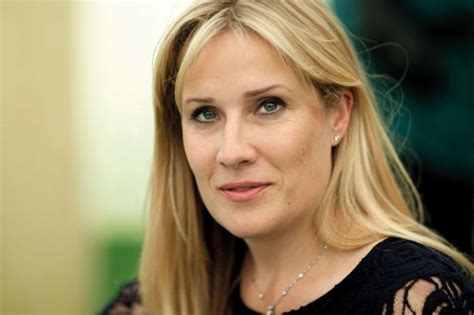A Quote by Howard G. Hendricks
Never do anything for a student that he he is capable of doing for himself. If you do you, you'll make him an educational cripple...a pedagogical paraplegic.
Related Quotes
Richard Nixon has never been one of my favorite people anyway. For years I've regarded his existence as a monument to all the rancid genes and broken chromosomes that corrupt the possibilities of the American Dream; he was a foul caricature of himself, a man with no soul, no inner convictions, with the integrity of a hyena and the style of a poison toad. The Nixon I remembered was absolutely humorless; I couldn't imagine him laughing at anything except maybe a paraplegic who wanted to vote Democratic but couldn't quite reach the lever on the voting machine.
But if you tell folks you're a college student, folks are so impressed. You can be a student in anything and not have to know anything. Just say toxicology or marine biokinesis, and the person you're talking to will change the subject to himself. If this doesn't work, mention the neural synapses of embryonic pigeons.
A Student is the most important person ever in this school...in person, on the telephone, or by mail.
A Student is not dependent on us...we are dependent on the Student.
A Student is not an interruption of our work..the Studenti s the purpose of it. We are not doing a favor by serving the Student...the Student is doing us a favor by giving us the opportunity to do so.
A Student is a person who brings us his or her desire to learn. It is our job to handle each Student in a manner which is beneficial to the Student and ourselves.
I think my deepest criticism of the educational system . . . is that it's all based upon a distrust of the student. Don't trust him to follow his own leads; guide him; tell him what to do; tell him what he should think; tell him what he should learn. Consequently at the very age when he should be developing adult characteristics of choice and decision making, when he should be trusted on some of those things, trusted to make mistakes and to learn from those mistakes, he is, instead, regimented and shoved into a curriculum, whether it fits him or not.
A good teacher can never be fixed in a routine... each moment requires a sensitive mind that is constantly changing and constantly adapting. A teacher must never impose this student to fit his favourite pattern; a good teacher functions as a pointer, exposing his student's vulnerability and causing him to explore both internally and finally integrating himself with his being. Martial art should not be passed out indiscriminately.
How can we help a child change from undependable to dependable, from a mediocre student to a capable student, from someone who won't amount to very much to someone who will count for something. The answer is at once both simple and complicated: We treat a child as if he already is what we would like him to become.



































